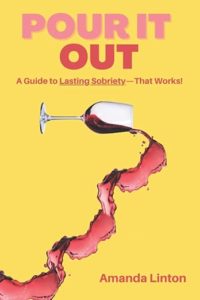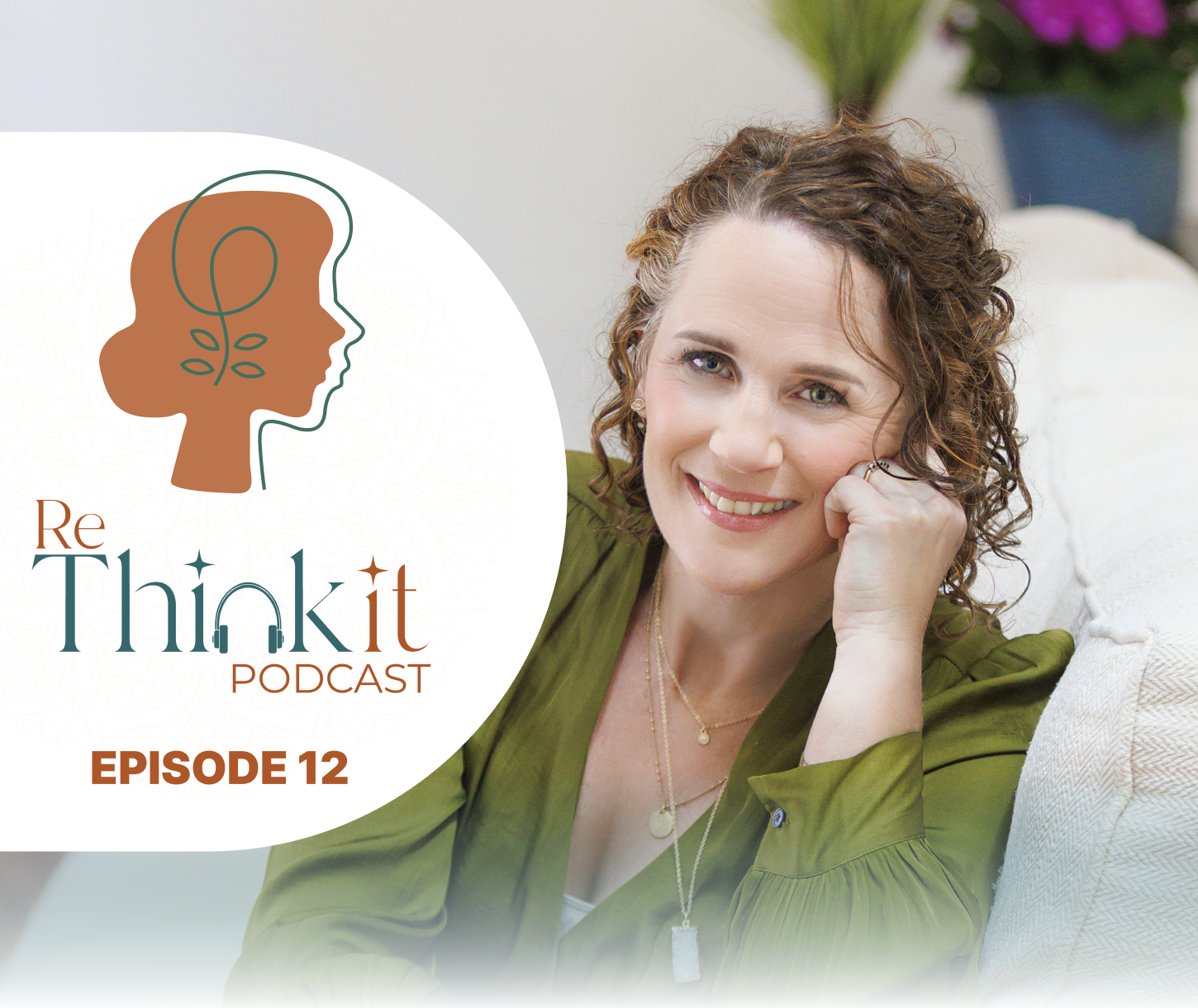Does Social Drinking Can Lead to Dementia?
(Partial transcript of Podcast episode)
In this episode, we are going to take a detour into a subject that can be a sensitive one for some people.
I do want to make a disclaimer up front:
Please listen to this episode with an open mind and keep in mind that the information in this podcast is intended for people who are already struggling with health issues and want to learn the tools and scientifically based lifestyle changes needed to get off of the bumpy back road of brain fog and fatigue onto the smooth, paved and open highway of good brain health.
If you are healthy, there is still much you can learn about disease prevention in my content, but your steps may not need to be as big as someone already climbing the mountain of chronic symptoms.
That said: its important to know that chronic illness is often a subtle shift in your normal.
Let’s use this example to explain what I mean:
Maybe as a child you had asthma and eczema and started using anti-histamines regularly. Maybe by the time you were a teenager, you had issues with acne, heavy periods and fatigue during your periods. Maybe by the time you were done with college and working full time, you were just always “a little tired” and got used to the chronic neck pain. Maybe by the age of 30, you chalked up being tired to that stage of life and you didn’t even notice that your nose ran while eating certain foods and you reasoned away that the joint pain was from running too much and to be expected…
By the time you hit 40, you just know to expect that it’s supposed to be downhill: weight gain that you can’t control, the 30year old fatigue melted into constant brain fog and sleep issues and now there’s hot flashes. But these are NORMAL AND EXPECTED RIGHT??
At what time in that brief life history did you ever actually feel normal or healthy? What the heck is normal ANYWAY???
My point is that you often don’t know that you feel bad until you feel better or until you go to your primary care doctor and discover wonky labs or vital signs.
All that pre-amble to prepare you to listen to this podcast on the topic of alcohol use with a open and humble mind and to take from it what will serve your life the best and bring you to better overall health! That’s my heart for you.. So lets get started!!!
Alcohol. It is the longest lasting and most socially approved drug of all time. The use of alcohol has been recorded as far back as 7000 BC China, when they mixed honey and rice into a rudimentary early mead mixture often used in religious ceremonies. There are even early Biblical references to the use alcohol- remember the story of Noah in like the the 9th chapter of Genesis ?
Here they are- the small family of Noah had just survived the cataclysmic event of a whole earth flood, witnessing unimaginable destruction and loss. The bible indicates that the first thing Noah did upon exiting the Ark was worship God for saving and protecting his family … but the very next recorded event is Noah planting a vineyard and getting drunk. (Gen 9:21)

Considering that the most common uses for alcohol today is to
1.) celebrate
and
2.) forget or numb our emotions.
We can sympathize with the man who just experience the first-ever natural disaster recorded for wanting to do either of those things.
Alcohol, over the record of human history, has been used for libations, for religious ceremonies and as medicinal tonics.
But is it good to drink alcohol routinely?
The most recent research is conflicted to say the least. The standing argument and consensus in the research is the SMALL AMOUNTS of alcohol (we are talking ½ a glass of red wine daily- and not on the cumulative binge weekend)- is good for the heart and to prevent stroke.
I remember seeing headlines (like these) not even 4-5 years ago promoting a daily glass of wine for heart health.
Heck, even Dr. Axe did a segment several years ago on the benefits of red wine, indicating that red wine is beneficial for “the heart, the brain and even weight loss.” (1/2 glass or less- small amount only).
You can find the link to that video here:
According to the Harvard Review from April 2022, the research currently shows that a moderate drinking has the some benefits.. but first, what is MODERATE DRINKING DEFINED AS?

If you are keeping to this guideline, some of the health benefits that may be appreciated (according to the literature) are the following:

Yes, you DID read and hear CORRECTLY– in the benefits of moderated drinking category was a lower all-cause risk for dementia. This is in the population that consumes a MODEST AMOUNT of alcohol routinely. Emphasis on modest and remember the sized I showed. In this case, volume. And in the case of brain health, this is significant since the risk of dementia increased significantly with heavy drinking- as much as 36% .
Heavy drinking being defined as regular binge drinking of more than 4 drinks (women) or 5 drinks (men) or weekly consumption of >15 drinks per week (men) or > 8 drinks per week (women)

That is the synopsis of the research, but I want to remind you that published research on human health is often behind and incomplete. Today in, 2023, our population overall, including children are less healthy and robust than ever before.
Almost 67% of people already have a gene mutation that influences our ability to metabolize and utilize folate and B12 and since alcohol aggressively depletes these critical nutrients, this can be a major issue for long-term neurological health.. As many of you know, I am a huge fan of customized health support when it comes to diet, supplements, and lifestyle including alcohol consumption.
So, remember that these guidelines, are exactly that.. guidelines. I think the Harvard review did a good job in summarizing the information and how to think through the information. Let me read the takeaways for you:
- If you are thin, physically active, don’t smoke, eat a healthy diet, and have no family history of heart disease, drinking alcohol won’t add much to decreasing your risk of cardiovascular disease.
- If you don’t drink, there’s no need to start. You can get similar benefits with exercise (beginning to exercise if you don’t already or boosting the intensity and duration of your activity) or healthier eating.
- If you are a man with no history of alcoholism who is at moderate to high risk for heart disease, a daily alcoholic drink could reduce that risk. Moderate drinking might be especially beneficial if you have low HDL that just won’t budge upward with diet and exercise.
- If you are a woman with no history of alcoholism who is at moderate to high risk for heart disease, the possible benefits of a daily drink must be balanced against the small increase in risk of breast cancer.
- If you already drink alcohol or plan to begin, keep it moderate—no more than 2 drinks a day for men or 1 drink a day for women. And make sure you get adequate amounts of folate, at least 400 micrograms a day.
I wanted to start with the facts around social drinking and the influence it can have on long term brain health before I introduce you to my guest, Amanda Linton, for the second half of this episode. Amanda and I worked together as colleagues in anesthesia. She is the among ranks of high achieving, hard working healthcare professionals that make up the world of the Operating Room. One thing that marks my anesthesia colleagues, in particular, is their diverse interests and talents. It takes a tremendous amount of work and dedication to achieve a career in anesthesia. But what is interesting about the people who make up this profession is that these folks continue to pursue other challenges beyond their careers. I’ve met anesthesia colleagues who are also ultra-marathoners, body builders, professional artists, stand up comedians, race car drivers, mountain climbers, and today, you are going to meet one that is also an author.
Amanda is from a small town in GA, is a wife, a mother, a certified nurse anesthetist and an all-round wonderful human being. I have watched her blossom and flourish as she overcame her own health struggle related to alcohol. I was so impressed with her courage as she shared her story with the world and then wrote a book about her experience.
Let me tell you, Amanda holds nothing back in her book. She is vulnerable, raw, honest, passionate and engaging. She shares her story while giving you some difficult and unpopular facts around alcohol. Even if you do not struggle with alcohol in any way, you will find SOMETHING about her story that you can relate to, believe me.
Below are a few facts mentioned during the interview.
To hear the the interview, please check out our podcast (add link) or YouTube channel (add link)
- There were quite a few facts about alcohol use and the body that you brought up in your book that I found interesting:
- The earlier you start drinking the higher the risk you have of developing AUD. (If you drink before 15, you are 5.6% more likely of developing AUD than if you waited til after 21)
- There is no gene for alcoholism.
- Alcohol is a depressant on the nervous system, but not just that is calms you down or numbs the mind, it can lead to irregular heart beats, lower body temperature and slower breathing rate
- Excessive drinking is related to damaged brain function including memory, learning, mental disorders and cognitive function.
- Drinking can become addictive because it triggers the release of dopamine (our reward neurotransmitter)- making it hard to withdraw. We have to make our own dopamine again when we stop drinking and have a period of time where we are deficient in dopamine. We need dopamine in our brains for a stable mood, for thinking clearly, for learning and cognition.
- Alcohol disrupts the balance of your hypothalamus and pituitary which has a wide range of endocrine affects including lower sexual drive, lower metabolic function, thyroid issues
- Alcohol damages the hippocampus resulting in profound memory loss and contributing to dementia
- Overall brain volume shrinks with chronic excessive ETOH use.
- Hope note: The brain CAN REBUILD when you stop drinking
- Alcohol can cause nutritional deficiencies that lead to dilated cardiomyopathy, irregular heart rhythm and elevated blood pressure
- Alcohol causes increased acid release from the stomach and leads to gastritis and PEPTIC ULCERS
- Alcohol causes inflammation of the liver and cirrhosis
- Hope note: the liver can regenerate itself and fully heal from this..
- Alcohol causes the pancreas to release less digestive enzymes leading to further nutrient deficiencies since we need these enzymes to break down our food and absorb the nutrients. It can also lead to pancreatitis and diabetes from damage to the pancreas.
- Cancer: Alcohol is a known human carcinogen- it causes cancer: head and neck, breast, liver, and colon. It increases blood levels of circulating estrogens leading to estrogen dominant cancers
- Light drinking : 4% increase breast ca
- Moderate drinking: 23% increase in breast CA
- Heavy drinking: 60% increase risk of breast CA

